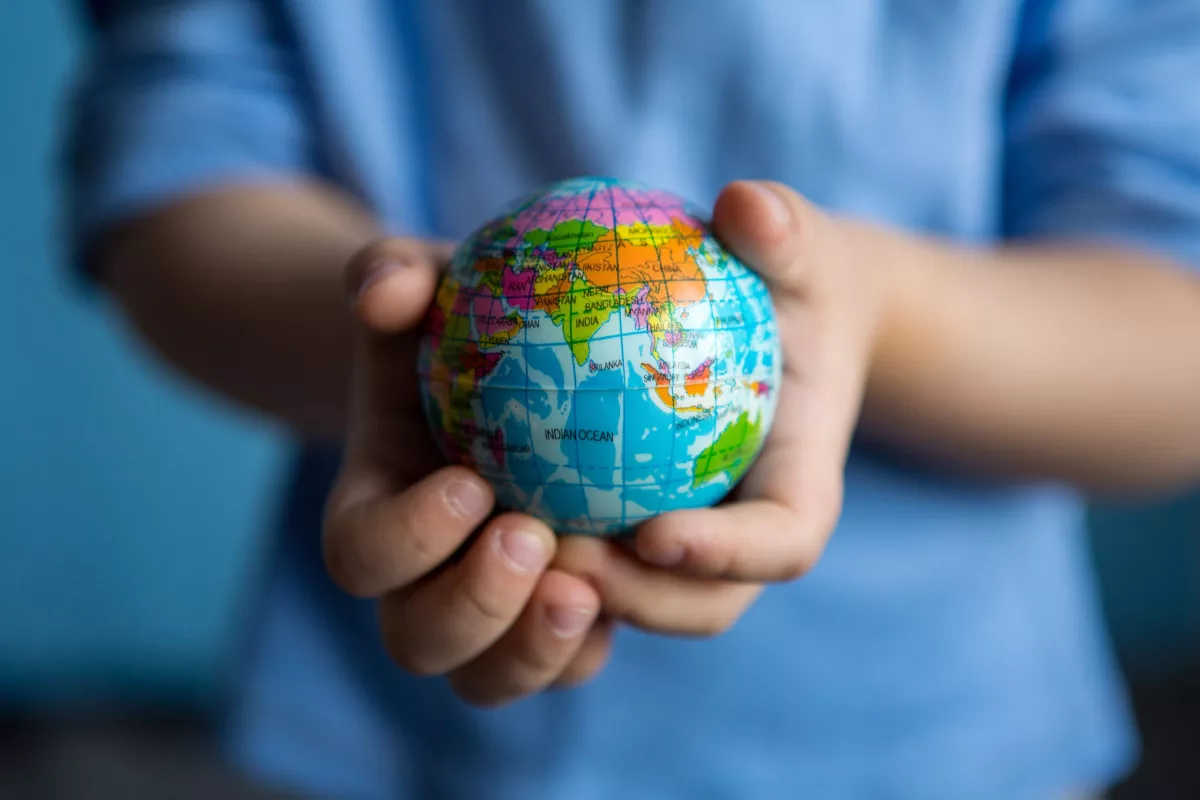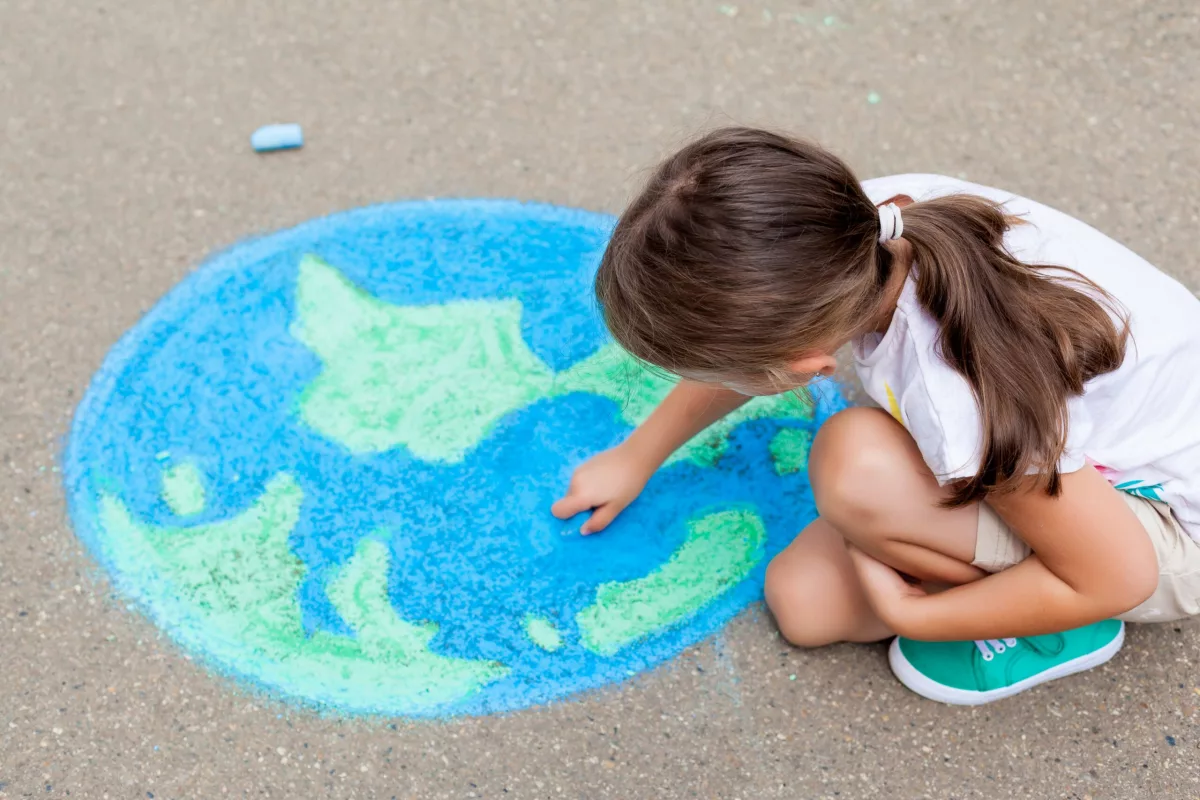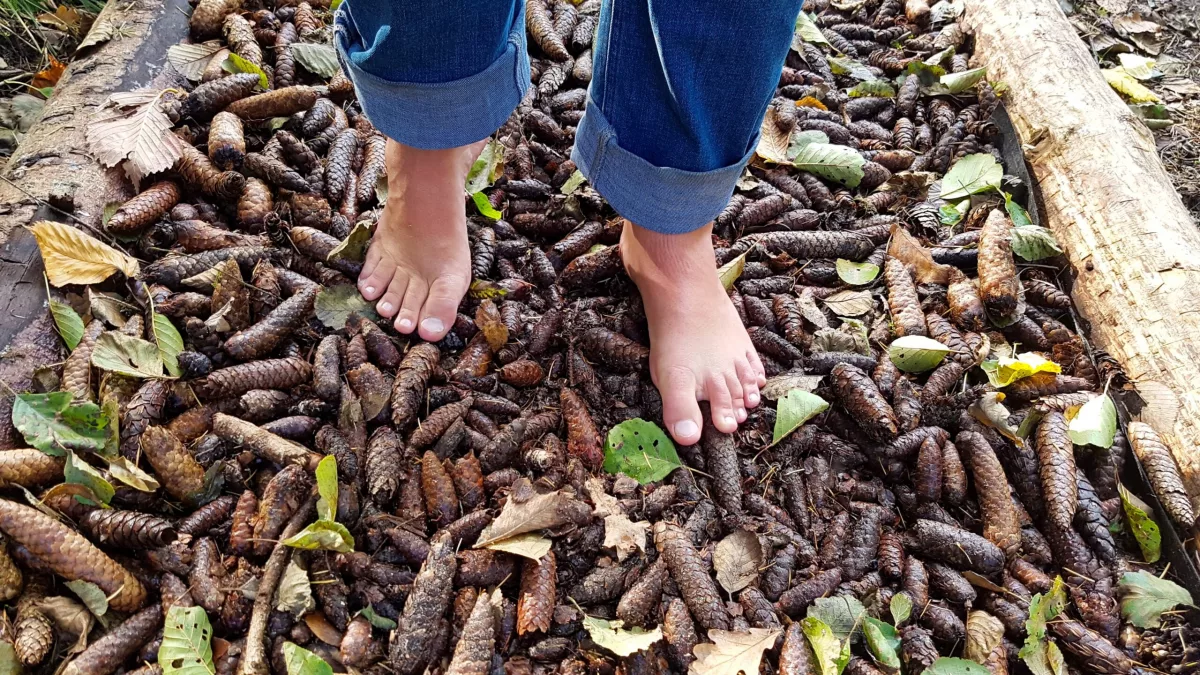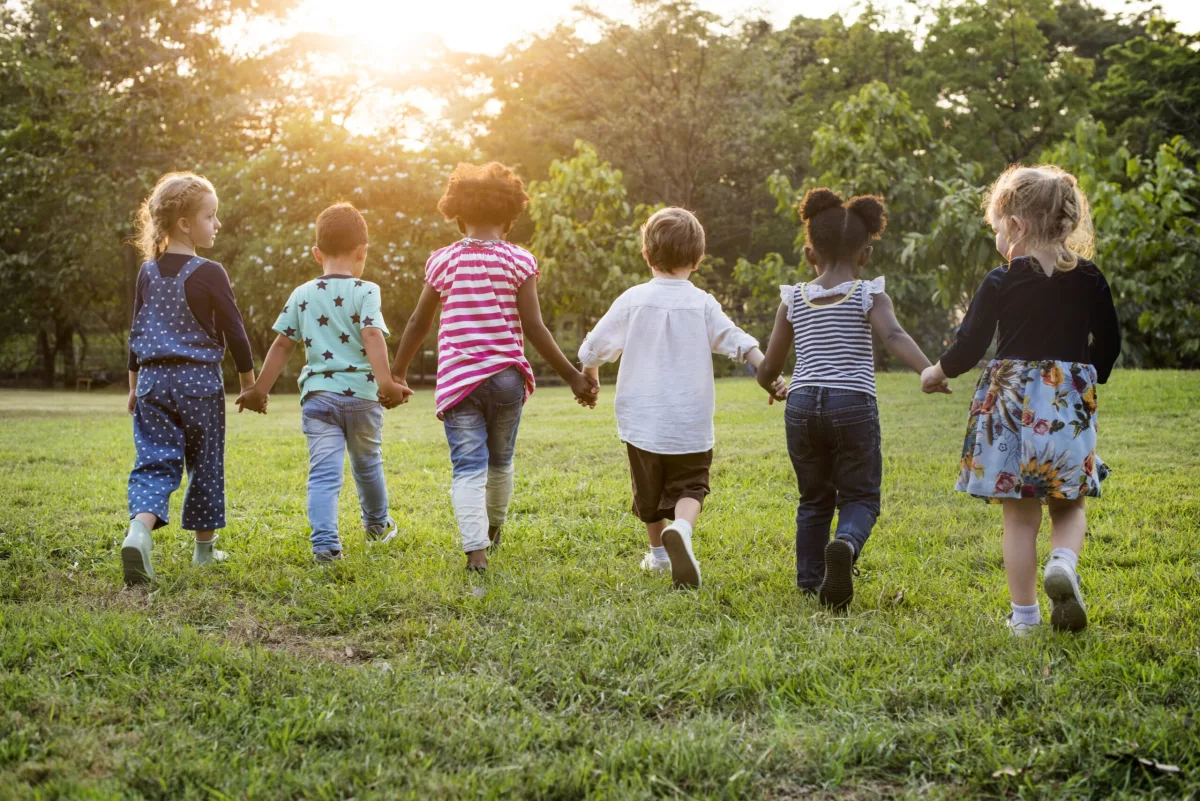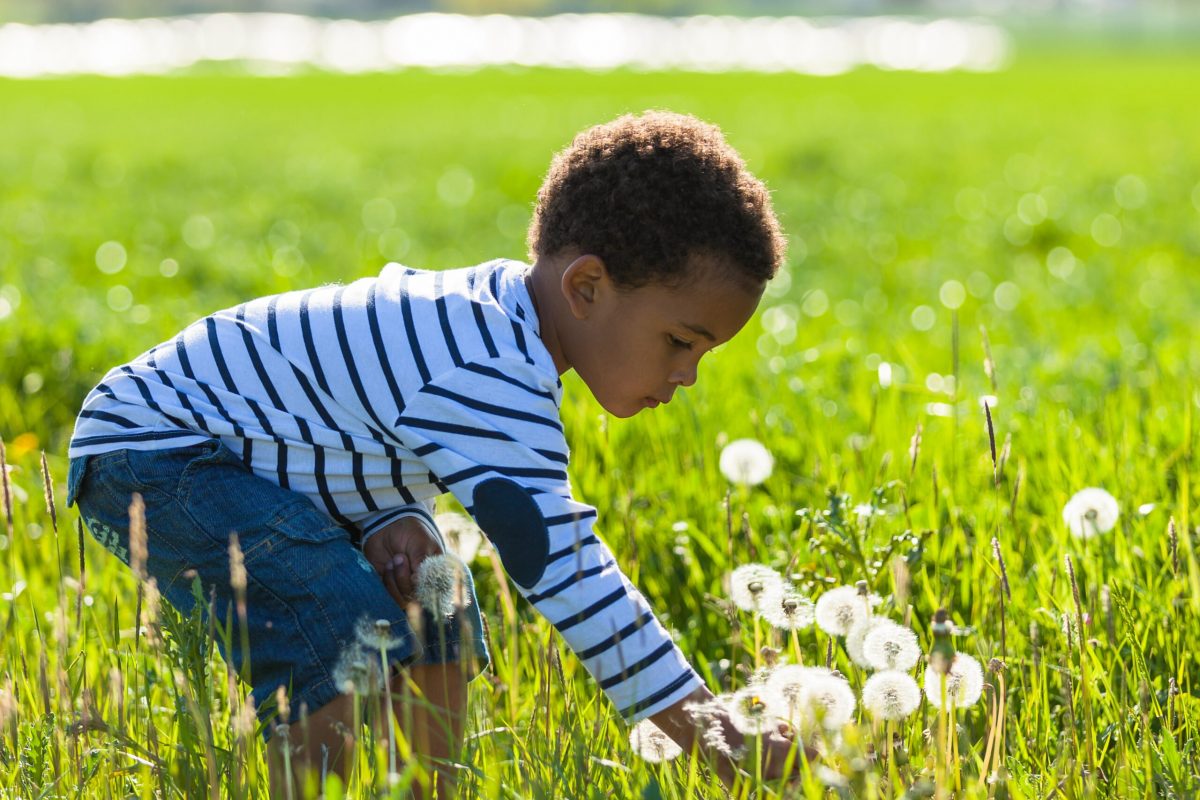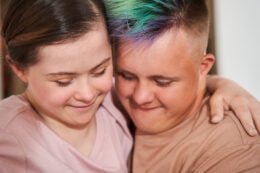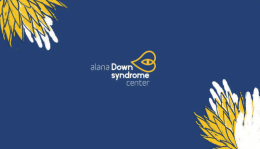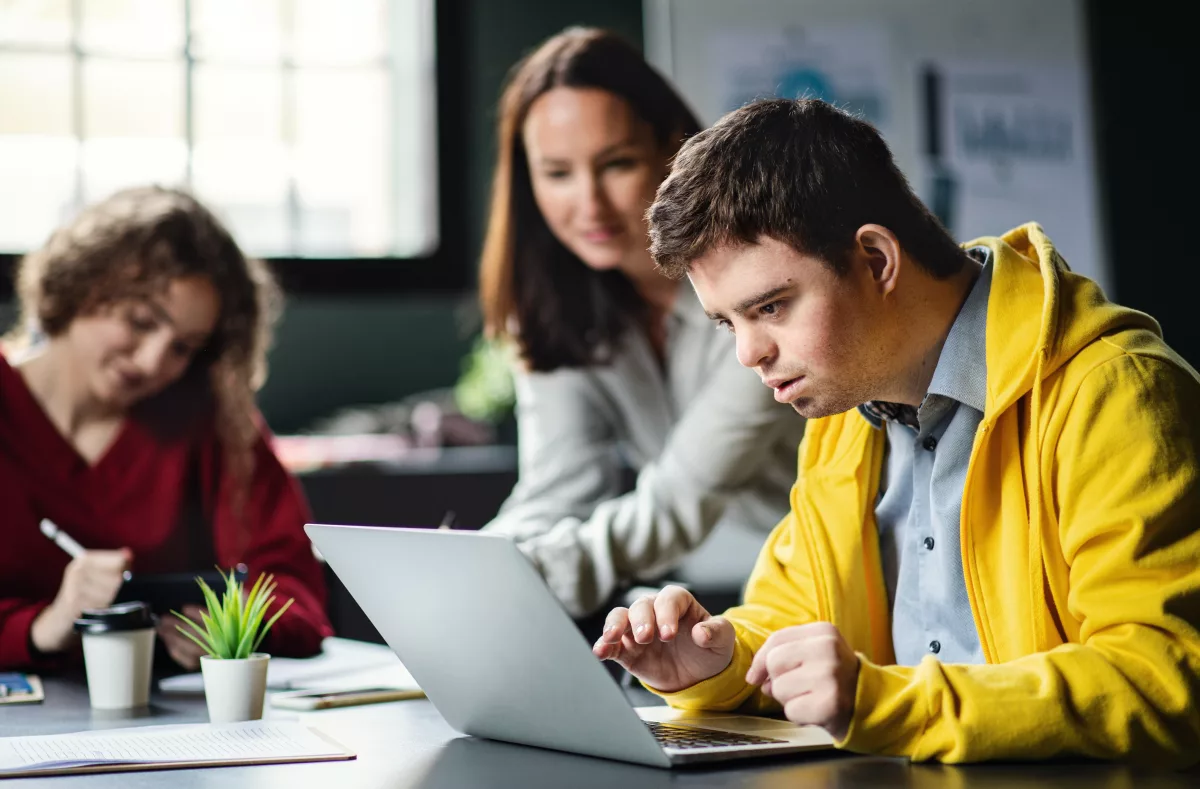Climate emergency is a children’s rights crisis. They are the ones who suffer the most from its effects by having their development affected and rights violated by consequences ranging from natural disasters influenced by climate change to food and water scarcity. Representing one third of the global population, children will suffer the longest from the consequences of the climate crisis in the future. And they already see threats to their hard-won progress in securing their basic rights. That is why they need to be at the center of public policies to fight the crisis.
– Read also: Climate Emergency and Childhoods: for a Future in the Present
Almost every child on the planet is exposed to at least one climate and environmental risk according to a report published in 2021 by UNICEF, a fund created by the UN to promote the rights and well-being of children and adolescents around the world. Overall, according to the document, one billion of the world’s children, which is about half of the world’s child population, live in extremely high-risk countries, meaning that they are highly exposed to climate and environmental hazards and stressors.
Children have the right to decent housing, but natural disasters like flooding are increasingly destroying their homes. Children have the right to water and food, but extreme weather events, desertification and drought result in water and food shortages.
“As children are undergoing a peculiar period of development and formation, they are extremely vulnerable to the impacts of climate change. Extreme climate events directly harm a wide range of children’s rights, including their right to survival and development”, stated Lais Fleury, International Relations Officer of the Alana Institute.
– Read also: The water crisis is a children’s rights crisis
To shed some perspective on the size of the problem, by 2030, climate change is expected to generate 95,000 more deaths of children under five years of age each year due to malnutrition, according to UN estimates.
Meanwhile, rising temperatures are increasing the incidence of waterborne and vector-borne diseases such as malaria, dengue, fever and diarrhea. 80% percent of the people who died from malaria in 2014 were children, according to UNICEF.
This crisis impacts children’s most basic rights to survive and thrive, consequently, reducing environmental risks could prevent the death of one in every four children worldwide, according to the UN. The calculation takes into account a scenario in which these risks represent 25% of the total disease exposure for children up to five years of age. It is, therefore, a serious global health problem.
In practice, we have also seen the effects of climate emergency threaten education. If, on the one hand, extreme weather events are destroying schools, on the other hand, poor access to health and food affects child development and learning capacity. In addition, there is the loss of family income due to climate stressors, which pushes children to help with household chores and to seek work, increasing the combo of violation of their rights.
– Read also: How climate emergency affects the education of children and young people
Children’s vulnerability in the climate crisis
Girls, impoverished children, indigenous children, children with disabilities and other minorities are the first and most affected by climate change. The emergency has further driven families to migrate, raising the pool of children on the move to cross borders, often far from school and subjected to child labor.
Although they are the group that contributes least to climate emergency, children are the most vulnerable to the effects of this crisis, whether directly or indirectly. As they are less able to regulate their body temperatures on their own, children under five years of age will be more susceptible to heat waves expected to be so extreme – and to which 75% of the world’s population will be exposed by 2100, according to studies – that may even cause deaths.
Despite the evidence of the serious consequences of climate change for children, they are still barely paid attention to by the international and national structures working on the issue.
In this context, promoting environmental education is imperative. Children need to be supported to protect themselves from climate-related threats and exercise their right to be heard about policies and actions that seek to remedy harm. They need to be addressed in all key climate governance structures.
“To guarantee a quality education is to ensure that children, adolescents and adults have meaningful experiences with and in nature. These experiences can occur through the school and its areas, providing conditions for students to love and care for life in all its forms. From a contextualized, scientific and critical perspective, education, then, must address the issues that directly influence the present and the future of our existence, strengthening an environmental and climate citizenship to be instilled in a transversal and interdisciplinary manner throughout the whole school curriculum”, stated Raquel Franzim, Education and Children’s Culture Officer of the Alana Institute.
Recommendations for the right to a balanced environment
Aiming to ensure that the right of all children and adolescents to an ecologically balanced environment is guaranteed with absolute priority, the Alana Institute, through the program Children and Nature, contributed to the preparation of General Comment 26, a document that creates recommendations and guidelines for countries, companies and society to ensure the rights of children and the environment, with a focus on climate change.
These recommendations are published by the Committee on the Rights of the Child, which is made up of 18 independent experts who monitor countries’ implementation of the UN Convention on the Rights of the Child. It is the most widely accepted human rights treaty in history, ratified by 196 countries.
General Comment 26 has a number of warnings. One of them is about the environmental racism that places children and adolescents from the global south among those most affected by the climate crisis. The term refers to the urgency of addressing the causes, consequences and solutions to climate emergency from an anti-racist perspective.
The document also highlights the need to address the impacts of air pollution over this group, to ensure access to nature, food security and safe drinking water for all children. It also points to the need for special care regarding the rights of indigenous children and those from traditional communities, which is the group most affected by deforestation, fires, mercury contamination and climate change, losing their cultural heritage and their right to life.
In Brazil, deforestation and wildfires are among the main factors of greenhouse gas emissions and directly affect the health of children. Peak burnings in the Amazon in 2019 have led to the hospitalization of over 5,000 children per month in the capitals of the region due to respiratory problems.
Protecting the territories of indigenous peoples, in addition to preserving their history and identity, is also essential from an environmental and climatic perspective. Aggressive action on the climate crisis is urgent or there will simply be no habitable world for children – now and in the future.

